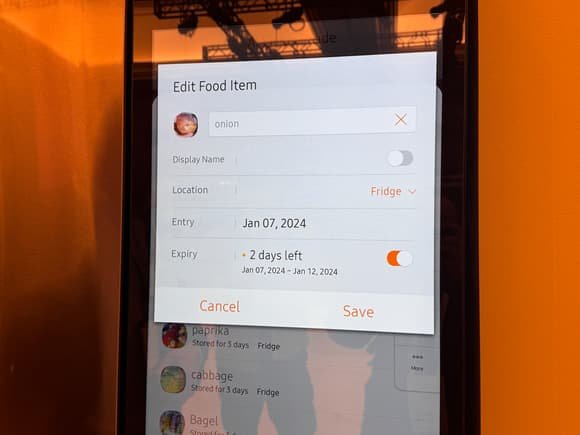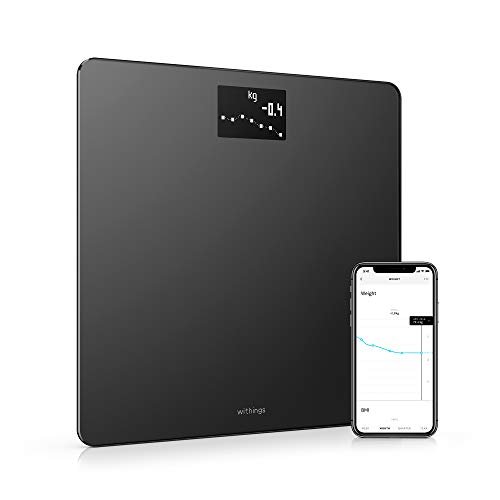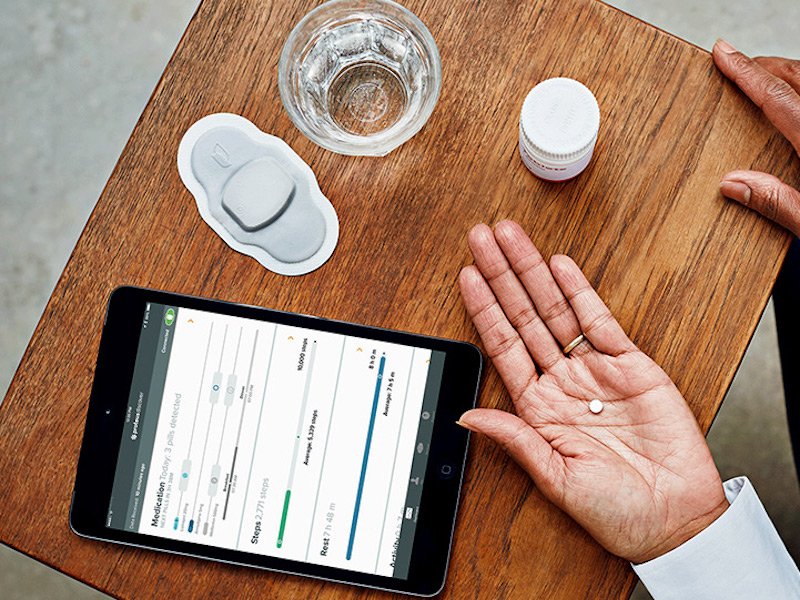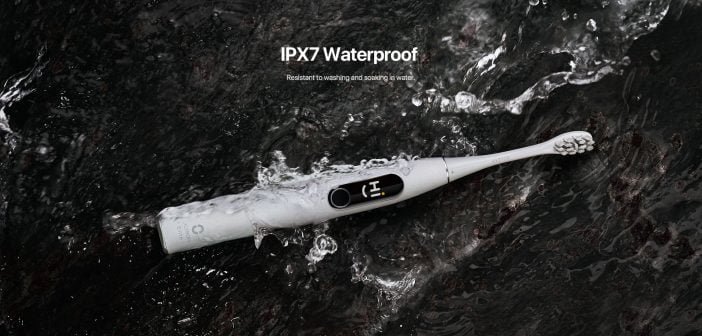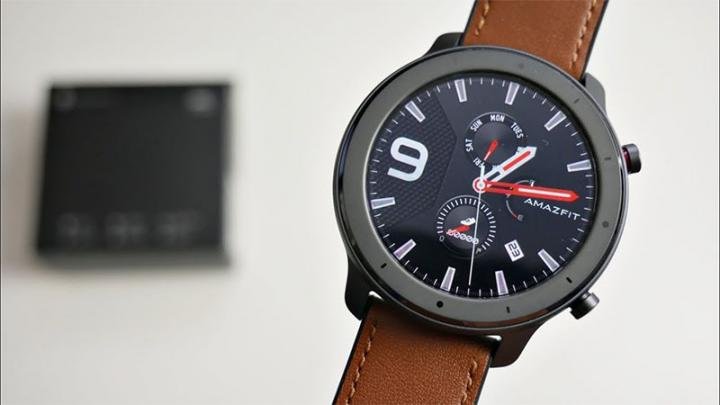We too often neglect to hydrate properly. How can you monitor your hydration ?Yet this is a topic of crucial importance today. The University of North Carolina will soon offer a wearable smart health device that able to tell you in real time if the hydration of your body is too low. The flexible sensor designed by researchers could monitor your hydration and prevent dehydration cases both in the elderly and in firefighters, inexpensively.
Monitor your hydration in real time
Every day, we should drink between 1.5 and 2 liters of water. But how many of us really do it? Too few. The water itself does not provide protein, no carbohydrates … But it remains essential to the proper functioning of our body. The State University of North Carolina (USA) is working on a new type of connected objects. These would be responsible for measuring the degree of hydration of the skin.
Based on laboratory tests carried out on artificial skins in different climatic conditions, the researchers were able to develop a perfectly functional portable and wireless sensor. It could very well be integrated into a watch, an activity tracking bracelet or worn like a patch on the chest.
The concept is simple. It consists of two elastic polymer composite electrodes incorporating silver nanowires. These electrodes monitor the electrical properties of the skin and translate them in real time into a measure of hydration that is transmitted to an app that can be viewed on a smartphone, tablet or computer.
This object could be declined in bracelet or patch. An application on your smartphone, tablet or laptop would then be responsible for retrieving the data and informing you that it is time to drink water. The objects have for the moment been tested on artificial skins by significantly varying hydration levels. An essential methodology to ensure that humidity does not disturb the sensors. You can use it as much at the gym as at home or during a hike.
 Anticipate health problems
Anticipate health problems
For researchers, this sensor could help many people avoid dehydration. If we think first of all about the sick or the elderly, they add to these categories the military, the sportsmen and the people working in hot environments like the firemen.
“Our sensor could be used to protect health, improve athletic performance and monitor the hydration of medical patients with various diseases, and can even be used to indicate the effectiveness of moisturizing cosmetics,” says one of the leaders. from this research, associate professor Yong Zhu.
In tests, the sensor made by academics was as effective as an existing system, except that it uses rigid probes and costs around $ 8,000. If it were put into production, a bracelet incorporating this sensor could be marketed at a rate close to that of a Fitbit, or 100 to 200 dollars depending on the model.

